Dhaka, Apr 18 (V7N)- As the winter vegetable season concludes, the cultivation of summer vegetables is awaited, but it has already led to a surge in vegetable prices across the country. This is a familiar trend, as vegetable prices typically rise during this transition period. The supply of vegetables has also been strained, especially at the onset of Baishakh.
A visit to Notun Bazar in the capital on Friday (April 18) revealed that several vegetable shops remained closed. However, those that had opened expressed dissatisfaction with both the supply and prices of vegetables. Shopkeepers mentioned that fewer vegetable trucks had arrived at Karwan Bazar in the last two days, and the quality of vegetables had also taken a hit.
In the past two weeks, the price per kilogram of several vegetables has increased by at least 20 taka, with tomatoes and brinjal being the most notable price hikes.
At Notun Bazar, the prices were as follows: lemons were selling at 40 taka per hali, tomatoes, carrots, and cucumbers at 50 taka, and brinjal at 80 taka per kg. Additionally, the price of onions had risen once again.
Vendors explained that the end of the winter vegetable season has left many vegetables unavailable, contributing to the price hikes. The recent rainfall has also caused a reduction in onion production.
Buyers expressed concern over the high vegetable prices, suggesting that sellers might be purchasing vegetables at higher rates, leading to higher prices for consumers.
Meanwhile, at the wholesale warehouses in Manikganj, vegetable prices have remained relatively stable, with most vegetables being sold between 30 to 50 taka per kg. Diamond potatoes were priced around 25 taka. Wholesalers confirmed that the supply remains steady, although they warned that nature’s unpredictability could cause problems. They also pointed out that lemons have dropped in price by 20 taka per hali, brinjal by 20 to 30 taka, while onions are still in short supply due to hoarding.
In contrast, farmers in the northern region expressed frustration over the disparity between their production costs and the retail prices. They lamented that the administration has not taken effective measures to control the price of fertilizers and seeds, which significantly affects their profitability.
Farmers reported that although vegetable prices are high in the market, they are not receiving a fair price for their crops. Wholesalers are purchasing the produce at low prices and selling it at higher rates, leaving farmers with insufficient earnings. Additionally, frequent rains have been damaging their crops, exacerbating their losses.
Bangladesh’s annual vegetable demand is approximately 13.2 million tons, and farmers are urging the government to take measures to address the growing concerns over fertilizer prices and the supply chain challenges.
END/MSS/AJ



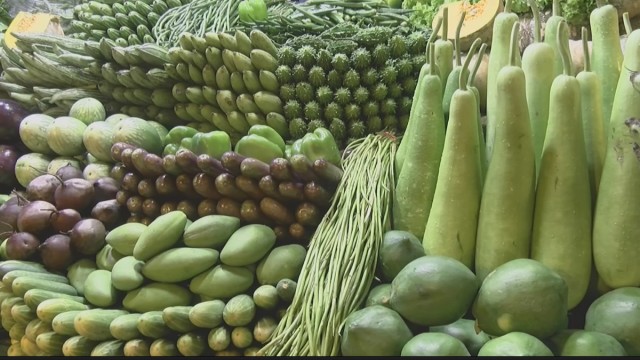














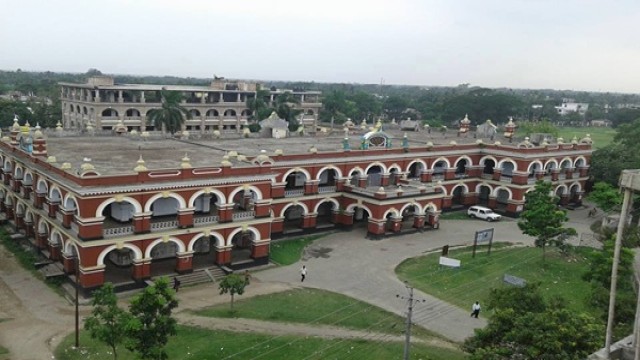





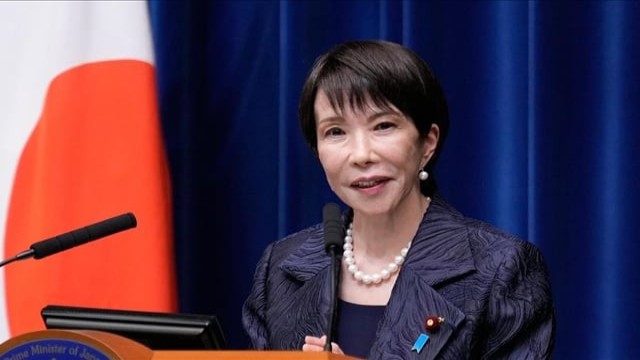
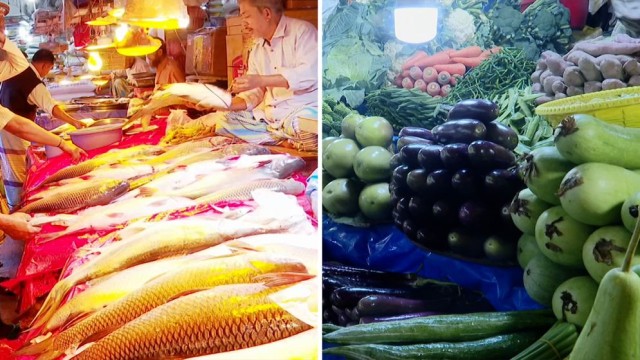


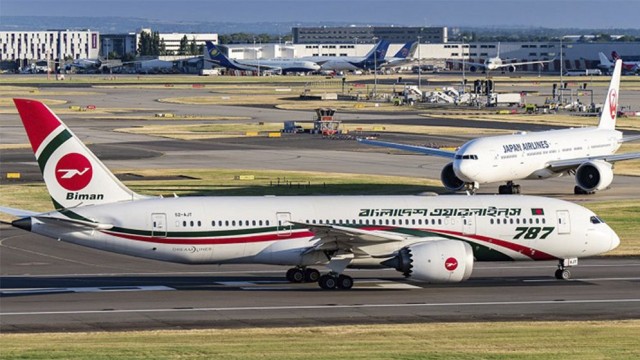

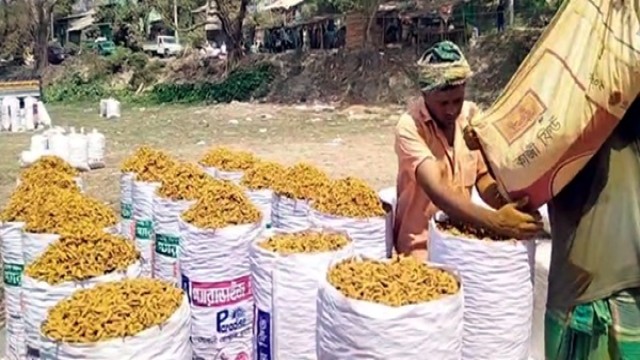
Comment: